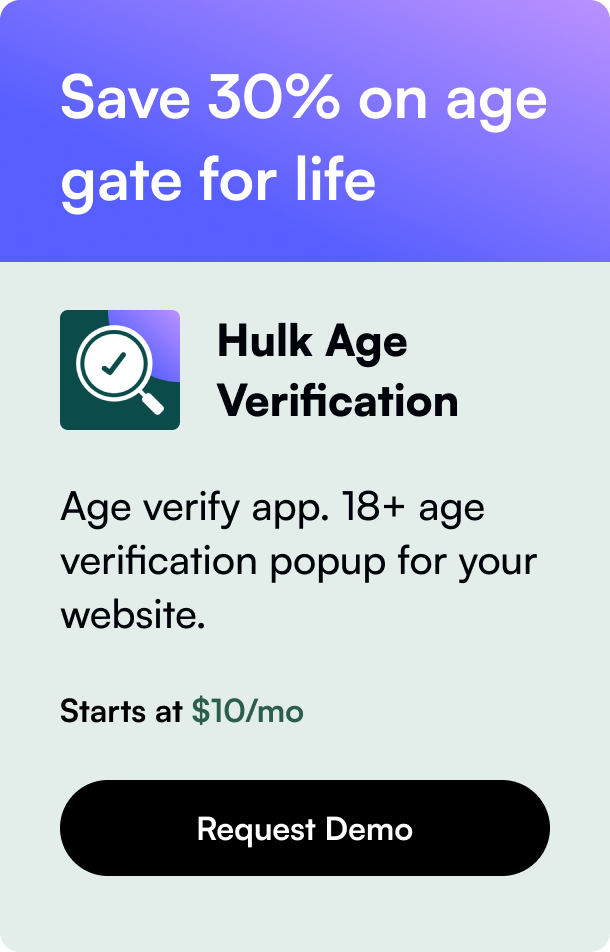Table of Contents
- Introduction
- Understanding Shopify Payouts
- Optimizing Your Payment Process
- Pay Periods Around the Globe
- Conclusion
- Frequently Asked Questions
Navigating the waters of online sales can be exciting and slightly overwhelming for new Shopify store owners, especially when it comes to understanding the ins and outs of getting paid. The anticipation of that first sale turning into tangible earnings in your bank account is palpable. Yet, the question "How long does Shopify take to pay you?" remains a common point of curiosity and sometimes confusion for many. This blog post delves deeply into the Shopify payout process, offering clarity and essential insights to help store owners understand what to expect.
Introduction
Imagine this: after lots of hard work, your Shopify store finally makes its first sale. The excitement is real, but so is the wonderment about when exactly you'll see that money in your account. It's common to anticipate immediate payouts in our fast-paced world, but the reality of online transactions is a bit more complex. Understanding the journey from sale to payout is crucial for managing your business finances effectively. This post aims to demystify the Shopify payment process, shedding light on what affects payout timelines and how you can navigate them efficiently. By the end, not only will you have a clearer understanding of "How long does Shopify take to pay you?" but you'll also discover ways to optimize your payment settings and manage your finances better.
Understanding Shopify Payouts
Shopify's payment process comprises several stages, from the moment a customer completes a purchase to when the funds land in your bank account. It's a journey that involves various entities, including payment gateways, banks, and Shopify's own policies.
The Initial Wait: Your First Payout
For new Shopify store owners, the first payout typically takes the longest. This delay is primarily due to security reasons and Shopify's efforts to ensure that everything is in order with your account. Generally, you can expect your first payout within seven working days from the day of your first sale. This period allows Shopify's underwriting teams to verify your account details and safeguard against potential fraud.
Regular Payouts: What to Expect
After your first payout, things tend to pick up speed. In the US, for instance, payouts usually arrive three business days after the payment processor (e.g., credit card company) confirms the transaction. This timeline can vary depending on your location, the payment methods used by your customers, and the day of the week transactions occur (weekends and holidays can cause delays).
Factors Influencing Payout Times
Several factors impact the timing of Shopify payouts. The payment gateway chosen (Shopify Payments or a third-party provider), the bank's processing times, and the specific terms of your chosen payment platform all play significant roles. Additionally, how frequently you choose to receive payouts (daily, weekly, monthly) can alter when you see money in your account.
Optimizing Your Payment Process
Choosing Your Payout Schedule
Shopify defaults to daily payouts but allows merchants to modify this schedule. While daily payouts provide quicker access to funds, weekly or monthly payouts might suit your financial planning better. Consider your cash flow needs and select a schedule that supports your business operations optimally.
Using Multiple Payment Gateways
Offering various payment options enhances the customer experience but can complicate tracking your transactions. Each platform will have its own payout schedule, which might lead to discrepancies in when funds are available. Tools like Reconcile.ly can help streamline this process by syncing Shopify payouts with your accounting software, providing a consolidated view of your finances.
Pay Periods Around the Globe
It's important to note that Shopify Payments, Shopify's own payment gateway, is not available in every country. This limitation means that some store owners will need to rely on third-party payment processors, each with its unique payout timelines. Regardless of location, understanding your country's specific pay period and planning accordingly is essential for smooth financial management.
Conclusion
Understanding the answer to the question "How long does Shopify take to pay you?" requires a grasp of the ecommerce platform's payment processing intricacies, your chosen payment gateways, and your own financial management practices. While the initial payout might test your patience, familiarizing yourself with the process and utilizing available tools can greatly ease the journey from sale to bank account. As you continue to grow your Shopify store, maintaining a clear view of your financial flow will not only alleviate payout anxieties but also pave the way for more strategic business decisions.
Frequently Asked Questions
-
Can I get paid faster by Shopify? While Shopify offers a default payment schedule, using Shopify Payments and selecting a Shopify Balance account can potentially expedite payouts, allowing you to receive funds as quickly as one business day after a sale.
-
What happens if my payout fails? A failed payout can place a temporary hold on your funds. To resolve this, you'll usually need to update your banking details or complete any outstanding verification steps in your Shopify admin.
-
Are payout schedules the same worldwide? No, payout schedules can vary significantly depending on your country and the payment provider you're using. Shopify Payments, for instance, offers different pay periods in different regions.
-
How can I track my sales and payouts? Shopify provides a comprehensive dashboard where you can view your transactions, scheduled payouts, and any in-transit funds. Tools like Reconcile.ly can offer deeper insights, especially if you're using multiple payment gateways.
-
What should I do if my payouts seem delayed? If your payouts are taking longer than expected, review your Shopify admin to check for any notifications or errors. Contacting Shopify Support or your bank can also help resolve any unanticipated delays.








